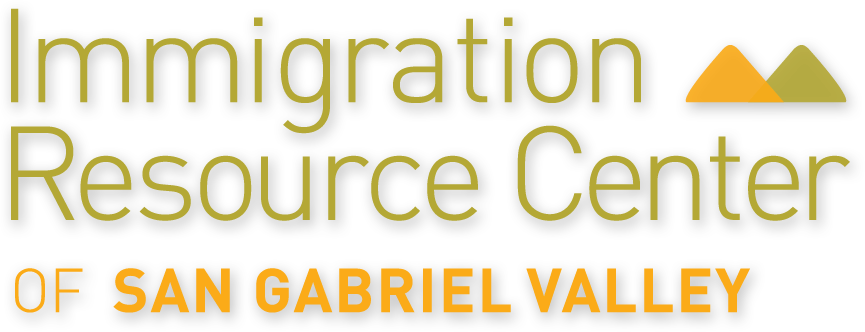Afghan Refugees Flee War - Seek Assistance from the IRC
During this time of global unrest, the IRC recognizes the suffering of those who are forced to flee their homes due to war, and is ready to provide assistance to refugee families who have resettled in our community. In August of 2021, the U.S. evacuated around 82,300 people from Afghanistan as our allies fled the advance of the Taliban. Many of these evacuees ended up in various U.S. bases, before being released to a number of overwhelmed nonprofit refugee resettlement agencies. These agencies in turn looked to local community organizations, such as churches, for assistance. Recently, the IRC has started to partner with FEC Glendale, Epicentre, and the Newcomer's Access Center, all of whom have helped newly arrived Afghan families to resettle to the U.S.
Through word-of-mouth, many of these families have started to come to the IRC for assistance with their applications for Special Immigrant Visas, available to Afghans who had served alongside the U.S. government and military. Access to these visas are crucial, as they provide a pathway to permanent residency and grant Afghan refugees the long-term ability to resettle. Many of these families remain separated from some of their children, parents, and siblings, who remain in Afghanistan and were unable to join them in the evacuation, making it even more urgent that they receive legal assistance to help them reunify. Some have already faced denials for their visas, even though they were actively working with the U.S. as they were evacuated.
In addition to the barriers these refugees families already face - trying to learn English, apply for jobs, help their children enroll into schools, and process the trauma they have just endured, they are asked to navigate an extremely complex and labyrinthine legal system that can punish them and cause them to lose the ability to stay in the U.S. if they do not meet certain deadlines and requirements to file formalized paperwork. As always, the IRC is dedicated to accompanying our Afghan neighbors so that they may overcome these legal barriers and move towards full inclusion in our community.

